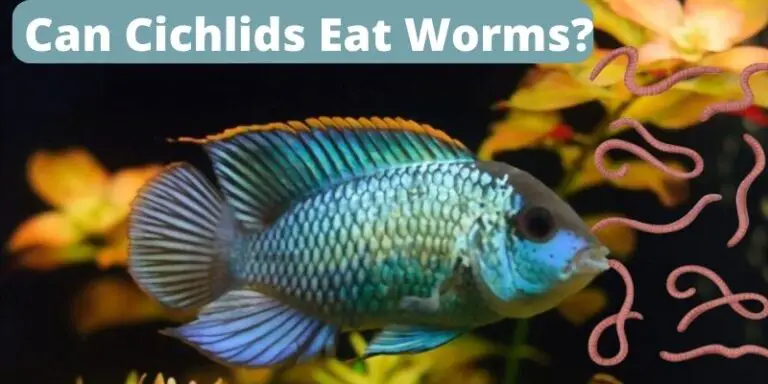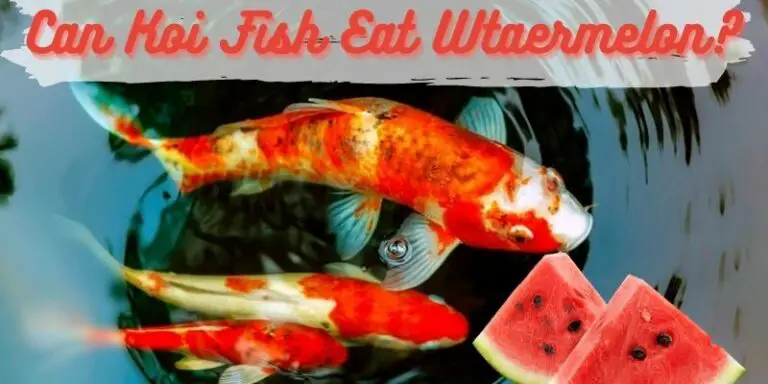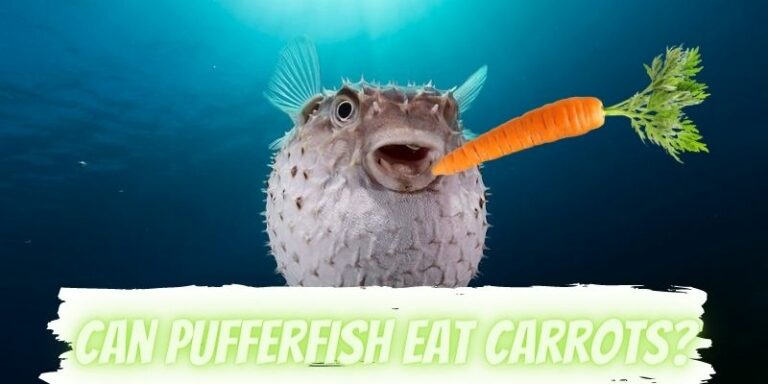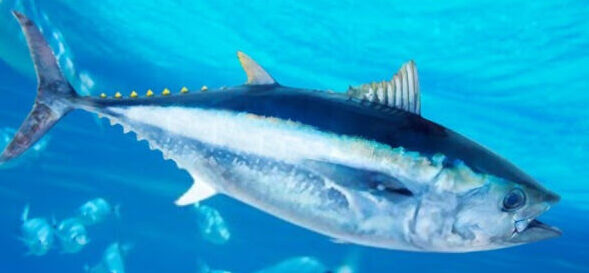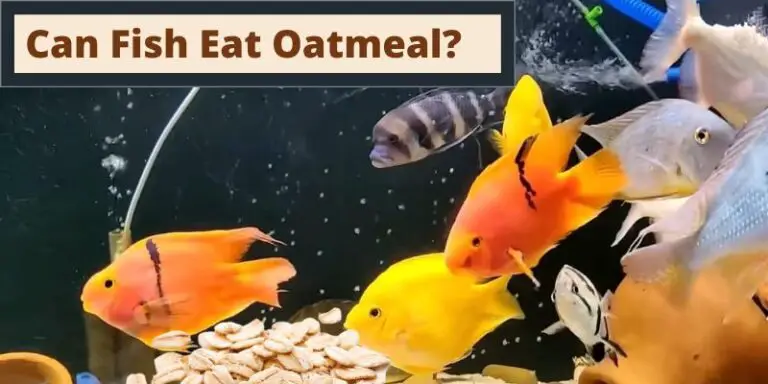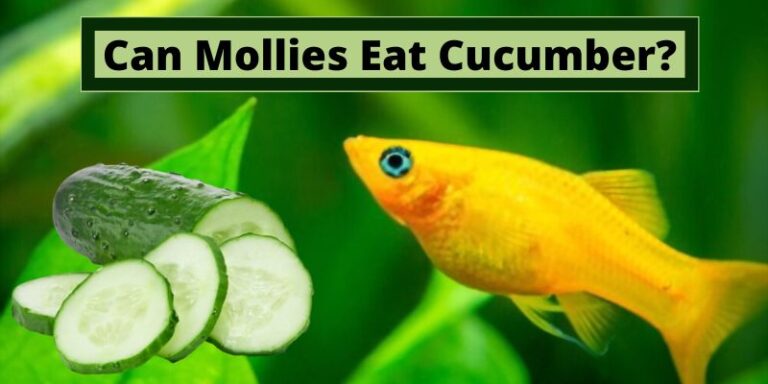How Often To Feed Fish & How Much? (A Perfect Guide)
When a new hobbyist starts an aquarium, the first thing that would intrigue him is feeding off the fish.
The survival of an aquarium directly depends on how much and how often the fish are eating. Also, how often they should be fed is dependent upon their feeding behavior in the wild.
How Often Should I Feed My Fish?
Talking about overall different fish varieties, feeding them twice a day is more than just sufficient. The feeding frequency of the fish is directly related to its metabolism.
It is generally seen that large-sized fishes can go unfed longer than the smaller active fishes. Fishes with higher activities have a higher metabolism, and thus they require feeding more often than fishes with a low metabolism.
It is completely safe to have one day of the week as a non-feeding day, and expert hobbyists practically do this as well.
Sometimes, People overfeed their fish unintentionally that they didn’t even notice it and continue to feed them on normal routines. But this practice really helps the fishes to clear their digestive systems.
Herbivorous fishes forage all day. That’s why they should be provided with plenty of live rock formations to graze on. Additionally, they should also be provided with the herbaceous diet manually and multiple times a day in small amounts.
Feeding small fishes once or twice a day is wonderful, and large carnivorous predators can be fed once every day, but it is better to leave them unfed for a day.
When Should I Feed My Fish For The First Time?
When a fish is newly introduced into a tank, the first few hours of the fish in this new environment can be regarded as acclimatization hours.
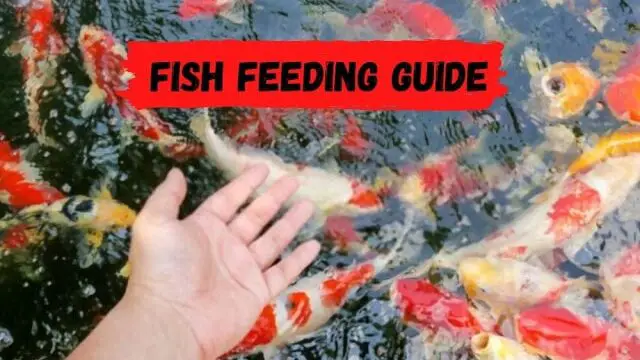
The first concern of an aquarist after introducing a fish in his aquarium is when to give it the first meal and rightfully feed it. Overfeeding is the biggest mistake that a beginner aquarist makes.
Fishes don’t eat as long as they don’t get acclimatized. The acclimatization process does not take that long. Some fishes can even acclimatize within an hour.
So, here is a general rule of thumb for feeding your fish for the first time. Don’t feed your fish during the first 24 hours.
This would give them a fair amount of time, not only acclimatize but to feel the need to eating as well. When you start feeding them, feed them small amounts at a time, and continue this for at least a week.
How Much Should I Feed My Fish?
The quantity of the food is a determining factor for the well-being of the fish. Most fishes tend to overeat if you don’t measure the amount of food given to them, which turns out to be really bad for them. For the newly acquired fishes, it is best to underfeed.
As a general rule of thumb says, any amount of food that the fish can readily consume within 2-3 minutes is considered a suitable amount.
This can also help in indicating the health of the fish. If your fish takes longer to consume the food that is supposed to be consumed within 2-3 minutes, then your fish must have problems with the food that you are providing or with the aquarium conditions you are providing.
Most fishes are surface or mid-level feeders, and they go to the food while it’s descending the water column. But some fishes are very shy, and they don’t like being exposed while feeding such fishes need to be targeted fed.
Is Feeding Fish Once A Week A Good Plan?
Instead of feeding your fish once a week, you should feed them once a day or at most twice a day. Some big sedentary fishes with low metabolic activity can be left unfed for a day or two.
But feeding your fish once a week is not a good plan at all as it can lead to nutrition depletion and ultimately to death.
Your fish may survive this long period of starvation, but performing this practice more often will have drastic effects on the health and well-being of your fish, and your fish would significantly drop its lifespan.
Moreover, after this long time of not being fed, your fish may tend to stuff up the food in its gut, which can prove harmful to your fish, or it can even die of it.
What Do Guppies Eat? A Complete Diet Guide
When To Feed Fish?
To put it simply, the feeding time of the fish is dependent on its active time. Active time means when the fish is not sleeping and is actually active in the tank swimming around or perching somewhere, noticing the movements made by other members in the tank.
Some fishes are diurnal and are active only during the daytime. You can only feed them during the day or when the tank’s lights are not yet out.
It doesn’t matter what time you feed your diurnal fish, whether it’s early morning, late morning, or afternoon. Setting up one particular time of the day to feed the fish is not of any importance.
Nocturnal fishes are those which are active at night when the lights are out. They sleep during the daytime and are active only during the night.
Such fishes should be fed just before turning off the lights. Give them an hour or half to feed and before turning off the lights. This would be the time when your aquarium activity would be on its low.
Feeding Butterflyfish: A Proper guide For Feeding Your Butterflyfish
When To Avoid Feeding Fish?
When you feel that your fish is not completely eating what you are providing them or seeing a lot of food leftover, you need to think of not feeding your fish.
The general rule of thumb is to provide the fish with enough amount to be finished in under 3 minutes.
But if the 5 minutes are gone, and the food is still not finished, it is more likely that the fish will never eat it. At this point, you must discontinue feeding your fish for a while until and unless it is seen actively craving for the food.
Signs Of Overfeeding
The first and obvious sign that you are overfeeding your fish is the leftover food. Fishes don’t know when they get to eat the next time. Therefore they always tend to stuff their stomachs up.
If you continue to feed them with the same strategy, there will come the time when your fish won’t eat much, and the food will be leftover in the tank.
The leftover food is quickly converted into toxic debris. When you are cleaning the gravel, and you find organic debris in abnormal amounts.
Then you understand that you are overfeeding your fish because much of the amount of debris or dirt on the substratum is because of overfeeding.
When you have housed the fish in an ideal tank with compatible tankmates, and suddenly your fishes stop eating and become stressed.
Then know that the levels of ammonia in water have risen to an unbearable extent. You need to make immediate water changes that may be the result of leftover food.
Cloudy nuclear water in the tank is because of the explosive growth in bacterial colonies. The bacteria get the energy to reproduce themselves exponentially in the presence of the food substances. Thus cloudy unclear water means you are overfeeding your fish.
If the water’s pH is not maintained and becomes acidic, this also means the organic breakdown of the leftover food, which produces acids.
Observe the movements of the fish in the tank. If your fish seems to be more round than being streamlined, this indicates that your fish will become obese. Obesity causes disruptive fish movements, and that’s the apparent result of over-feeding.
Causes Of Overfeeding
Many hobbyists with improper knowledge of feeding tend to feed extra. Here extra means that they want to ensure the availability of the food other than the timely meals in the tank, and they unknowingly toxify the aquarium water.
Some fishes actually learn to beg for food whenever they see you around. That doesn’t necessarily mean that they are hungry.
This fish behavior can fool you into thinking that the fish is hungry and needs to eat. This is why you need to have complete information about the different behaviors of the fish before you house them.
Is Feeding Fish Every Other A day A Good Plan?
Well, not necessarily. Giving them a day off in feeding may not harm large sedentary fishes, but it can have drastic effects on small active fishes with a high metabolism.
Herbivorous fishes have small stomachs with little capacity to eat at a time. Therefore they need to be fed in small amounts all day long, and they can be seen to forage on the live rocks all day long.
Summary
Some fishes are herbivorous, and they feed on the grassy or plant material. Nutritional requirements of the herbivorous demand them to forage all day long.
Unlike the proteinaceous meaty food that takes much time to get digested, the herbaceous food is not a prominent source for a long time and they require a continuous supply of food.
Omnivorous fishes are naturally adapted to eat meat as well as herbaceous food. But proteinaceous meaty food accounts for the major portion of their diet. So they feed less frequently than the herbivorous fishes in the wild.
Carnivorous fishes are absolute predators, and they eat flesh. Catching the prey in the wild is not as easy as just grazing on the algae. Therefore, carnivorous fishes can go without eating for several days and weeks.
FAQs
How often do fish eat in the wild?
The quest of a fish for finding food in the wild never ends. It does not know when it will get to eat the next time.
That’s why it tends to search for food all day. Few species are more active in searching for food during the dawn. Some prefer the dusk, and some continue to forage (herbivores) all day long.
How to feed fish in a pond?
Feeding the fish in a pond is no different than feeding them in a tank. Don’t just throw the food in the pond. Instead, give them small portions of the food and watch them clear all the food. Continue doing the same until their interest in the food starts to fade away.
